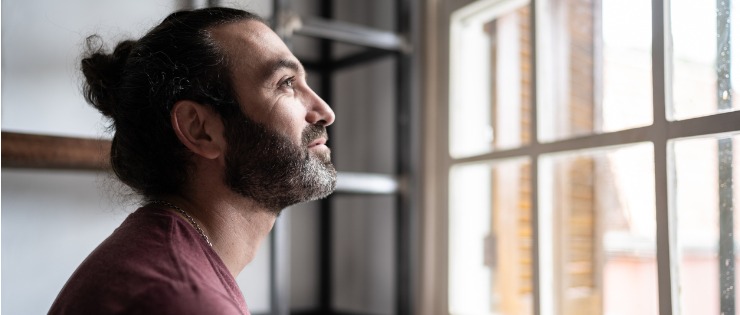
I’ve written before about my love of hiking and bushwalking and the great outdoors; and not just of my personal love for these activities, but of how there’s an abundance of solid scientific research supporting their health and wellbeing benefits. In this article, I invite you to think about an aspect of this in a way you may not have previously considered.
As part of my love for these activities, and given my top psychological strength which is a “love of learning”, I enjoy, when I have the time, researching and reviewing articles and videos on all things camping and getting outside.
As I’ve done so, I’ve been lead down a few related paths including one which is very popular in the US and is known as “everyday carry” or EDC.
Now, there are a number of different strands within the EDC world, one of which includes carrying guns and other weapons for self-defence, but that’s not what I’m interested in. Rather, the version of EDC that I find interesting is the one that’s more closely aligned with hiking and camping, and which is for me just a pragmatic consideration to stay safe, especially if I’m heading off-grid or into remote areas.
In short, EDC in this context might include a small first-aid kit, a flashlight, and a simple, practical multi-tool. The basic idea is to be prepared, for pretty much anything, and as such the list could go on, but I’m not primarily here to talk about EDC in this context. I’m here to invite you to think about the idea in a different context. Because the notion of having with you, every day, useful “tools” is a great one and one that can easily be applied to our health and wellbeing and especially, our mental health.
Consider this, for example: if a knife or a torch or a bandage would be helpful if you were lost or injured in the wilderness, what might be helpful if you were “psychologically lost” or more simply, anxious or sad, angry or frustrated, or struggling to mentally cope in any way?
Your answer to this question could be very important; and even more important would be having these answers, having these “tools”, available to you each and every day, all the time. These psychological tools, or coping strategies, would be your psychological EDC!
For me, the most important tools in my EDC would be …
Meditation and relaxation skills; practised for so many years now I can pretty much do it anywhere and any time
My diary and gratitude journal
Reminders in my notes app to ensure I remember what’s really important and that I’m able to keep things in perspective
Some other ideas might include …
Medications, if you take any
Fidget toys or comfort items
Headphones for music or some other distraction / means of calming
A herbal tea-bag
Reminder cards with positive affirmations
Priority phone numbers, of friends or family or support, to make reaching out and asking for help quick and easy
This list could go on; and I want to emphasise that there are no “right” or “wrong” EDC items. There are only ones that work for you. So, reflect on what’s helped you in the past; contemplate ideas you’ve heard have helped others. Put your EDC kit together, trial it, review and modify as needs be.
What would your mental-health EDC be?